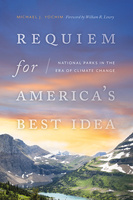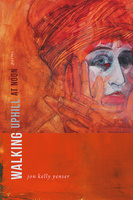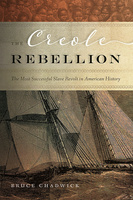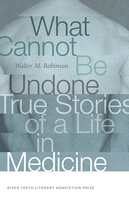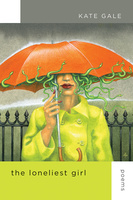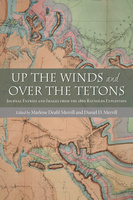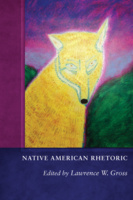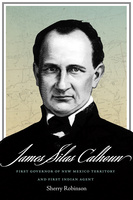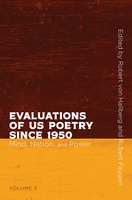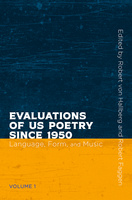Requiem for America’s Best Idea
National Parks in the Era of Climate Change
A poignant and thought-provoking work, Requiem for America's Best Idea investigates the interactions between people and nature and the world that can inspire and destroy them.
Walking Uphill at Noon
Poems
Walking Uphill at Noon showcases Yenser's mastery of prosody and love of play.
The Creole Rebellion
The Most Successful Slave Revolt in American History
Part history, part adventure, and part legal drama, Bruce Chadwick chronicles the most successful slave revolt in the pages of American history.
What Cannot Be Undone
True Stories of a Life in Medicine
In his award-winning debut essay collection, What Cannot Be Undone, Walter M. Robinson shares surprising stories of illness and medicine that do not sacrifice hard truth for easy dramatics.
The Loneliest Girl
Poems
In The Loneliest Girl, Kate Gale creates a powerful alternative narrative for Medusa and for all women who have carried guilt and shame--for being a woman, for not being enough, for being a victim.
Up the Winds and Over the Tetons
Journal Entries and Images from the 1860 Raynolds Expedition
Historians, travelers, and outdoor enthusiasts will welcome this important addition to the literature of western exploration.
Native American Rhetoric
Native American Rhetoric is the first book to explore rhetorical traditions from within individual Native communities and Native languages.
James Silas Calhoun
First Governor of New Mexico Territory and First Indian Agent
Veteran journalist and author Sherry Robinson presents readers with the first full biography of New Mexico's first territorial governor, James Silas Calhoun.
Evaluations of US Poetry since 1950, Volume 2
Mind, Nation, and Power
Horace speaks of poetry delighting and instructing. While Evaluations of US Poetry since 1950, Volume 1 explores the pleasures of poetry--its language, forms, and musicality--volume 2 focuses on the public dimensions.
Evaluations of US Poetry since 1950, Volume 1
Language, Form, and Music
The essays collected in both volumes of Evaluations of US Poetry since 1950 move away from esoteric literary criticism toward a more evaluative and speculative inquiry that will serve as the basis from which poets will be discussed and taught over the next half-century and beyond.

